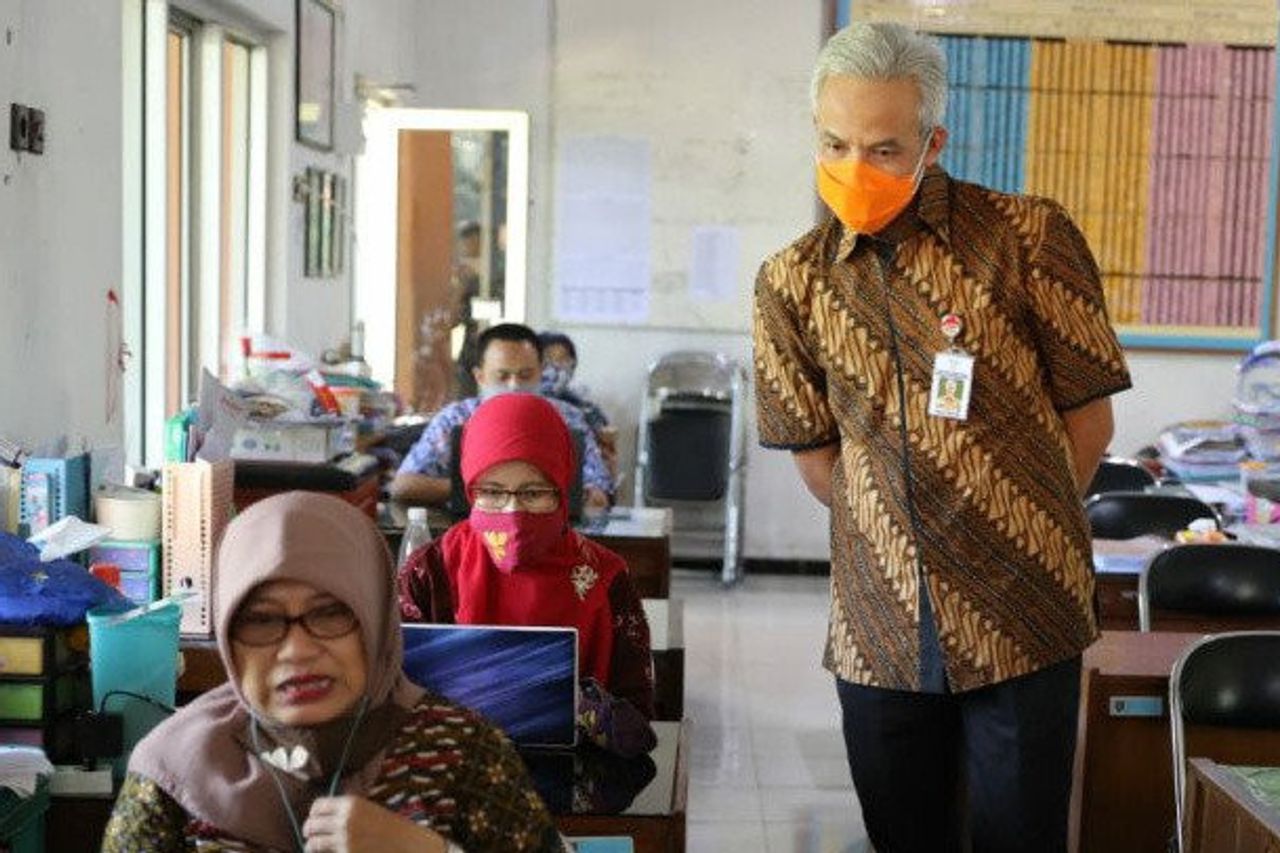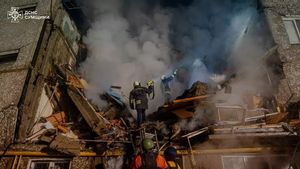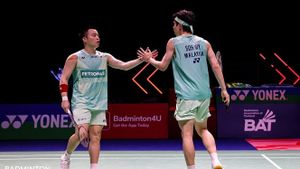Ganjar Ask Face-to-face Study Scenarios To Be Prepared

JAKARTA - The Governor of Central Java, Ganjar Pranowo, requested that the face-to-face teaching and learning activity scenario (KBM), in conditions of the COVID-19 pandemic, be well prepared.
"Today we have a meeting. I ask the Central Java Education and Culture Office (Disdikbud) to immediately prepare properly and must adhere to health protocols," he said as quoted by Antara, Semarang, Wednesday, July 29.
According to him, this preparation was carried out following a plan by the central government to again allow face-to-face learning in schools not only in the green zone and outside the zone by implementing strict health protocols.
Ganjar also asked the Central Java Disdikbud to communicate with the Central Java BPBD and Diskominfo to find out a map of the location of COVID-19 in Central Java. Because the two agencies know the map which areas fall into the yellow or green zone.
"Now in the village where there is already a school, you can choose first, continue to practice first to prepare them face to face. Yes, the infrastructure, teachers, and health protocols," he said.
In addition, limiting the number of students studying is also a concern. "How many students can go to school first and how many students should study at home, not together. If it can be tested and run, hopefully it can solve the problem," he said.
Nevertheless, Ganjar admitted that he could not confirm when the school would be implemented using the face-to-face method because he was still waiting for further developments.
"Until today we go online first, no one has entered (using the face-to-face method)," he said.
Meanwhile, the Acting Head of Central Java Disdikbud Padmaningrum added, there are three scenarios that might be applied if the face-to-face school method is implemented in Central Java.
First, by testing one district for one school, the second stage is adding in areas that have entered the green zone and the third stage is increasing the number of students.
"So gradually and by looking at the readiness of each region and school. Of course the implementation is strict, for example the number of students is limited, learning hours are reduced and there is no 'moving class', if a COVID-19 case occurs in schools, the school will be closed again," he said.


